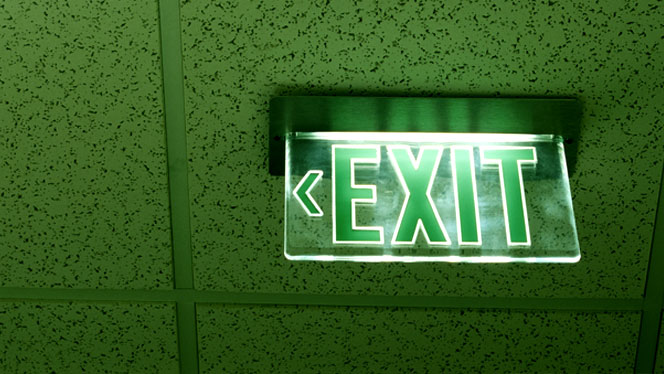Tips on extracting your parent from hospital

If you’re new to parents as in-patients in hospital, then here are a few tips from those who’ve learned from experience.
Every hospital trust and private group has its own structures and systems, but here are some pointers to help you get out of the building calmly with most of the information and belongings your parent needs.
If you’re going to pick them up from an NHS hospital:
- Don’t drop everything and rush off when you get the call that they’re ready. They may be ready to leave the ward so the bed can be given to someone else, but there are still jobs to be done like getting medications prescribed and retrieved from the pharmacy.
- By the same token, find a space in the long-term car park and be prepared to feed the meter. The half-hour pick up spaces are not for you.
- Find out where your parent will be. You may well find them holed up on a discharge ward, clutching plastic bags full of their belongings and wondering what’s going on.
- If your parent took any medications into hospital with them, they may not get the same pills back. These and any new medications will be provided by prescription from the hospital pharmacy, and that can take some time.
- If the clock is ticking well past the hour since your parent was released from the ward, and they’re still waiting for medications and any letters, start the tact and diplomacy action. Watch how long others have been waiting. If they seem to be coming and going more quickly, it may be that something has failed in the system – like the prescription hasn’t actually made it past the nurses and doctors and into the pharmacy.
- Following point 5, pace your level of annoyance and try to take whoever is in charge with you emotionally as your frustration mounts.
- Make sure your parent understands what’s happening next. As you will probably arrive after they leave the ward, it will be much harder for you to find out. Is there a follow-up appointment? Is there a letter to the GP? Are you taking any notes or X-rays with you? Will there be nurses visiting, and how do you find out when? Who is in charge of after-care? If you’re not sure, ask the staff in charge of the departure ward if they can find out.
- Make sure your parent has sufficient painkillers, food and milk in to save going out for a few days.
- In the unlikely event that the after-care doesn’t seem to be working, contact your parent’s GP surgery.
- Gauge just how much you wade in and take over according to how much help your parent actually needs. They may be a bit dazed from the hospital experience, but otherwise perfectly competent of asking their own questions. Or they may be delighted if you take charge. Only you can judge.
If an ambulance is going to take them home from an NHS hospital:
- Don’t panic if you don’t hear from your parent for a very long time. We’re probably talking about a charity-run ambulance that will be under huge pressure. Their resources are stretched over increasingly wide catchment areas, so every drop-off takes longer.
If a friend or neighbour is going to pick your parent up:
- Warn them about how long it might take, but it might be a bit much to burden them with organisation as well.
- If no one is sure what is happening next, leave it a couple of days and suggest your parent talks to their GP.
- Flowers or chocolates for the picker upper would be a very good idea, and recognition of the possibility they may not want to do it again.
If your parent is leaving a private hospital:
- Expect a faster exit than in an NHS hospital (but it does depend on the communication between consultant and nursing staff).
- Your parent is likely to still be in their room, with all their belongings in a plastic bag or two.
- Medications supplied by the hospital may have to be paid for on the spot, at private rates.
- Any letters may well be sent direct to the GP, but your parent may get a copy.
- Find out what’s happening about follow-up care, both private and NHS.
- Private ambulances to take your parent home are chargeable, and may not be covered by health insurance.
- It’s possible that your parent may spend less time as an in-patient than in an NHS hospital, so may need to take it easy for longer at home to recover.
These tips are based on our experience in NHS and private hospitals with our ageing parents. It does not in any way detract from the tremendous work that the people in our hospitals do, but we think being aware of potential frustrations in advance can help save time and tempers.

